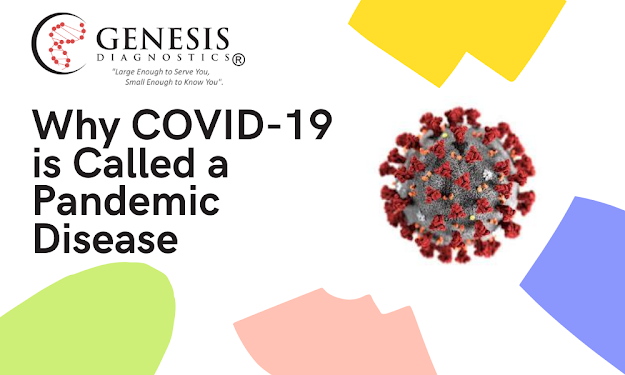Have you ever thought about how COVID-19 has been classified as a pandemic disease?
Many people have wondered the same thing. As research continues to examine the spread of the novel coronavirus, many people wonder how COVID-19 Pandemic became a global crisis so rapidly.
From the initial outbreak in December 2019, our world has been trying to quickly learn how deadly the disease is. For a disease to be considered a pandemic, there need to be more people infected and more deaths than an epidemic.
According to Worldometer, as of July 22nd, 2020, there have been more than 15 million people infected by COVID-19 globally. Along with the infection, there have been nearly 623,000 thousand deaths caused by the virus.
Declaring COVID-19 as a pandemic disease allows national and global public health agencies to respond to the situation at a higher degree. Also, classifying COVID-19 as a pandemic further enhances awareness about the problem and increases measures to control it.
Recently, The World Health Organization (WHO) experts have traveled to China to work together with their Chinese counterparts to prepare scientific plans for identifying the zoonotic source of the SARS-COV-2 virus. They will develop the scope and TOR for a WHO-led international mission.
But efforts are not stopping here. Research is happening at breakneck speed. About 140 vaccines are in early development, and around two dozen are now being tested on people in clinical trials. Typically vaccines can take years to develop, but medical researchers are hoping to achieve and find a vaccine within a few months.
The next step is to have patience, continue social distancing, and monitor for any symptoms you may develop from COVID-19. If you would like to learn more about COVID-19 symptoms and treatment, you can visit our website at GenesisDx Diagnostic.
Comments
Post a Comment